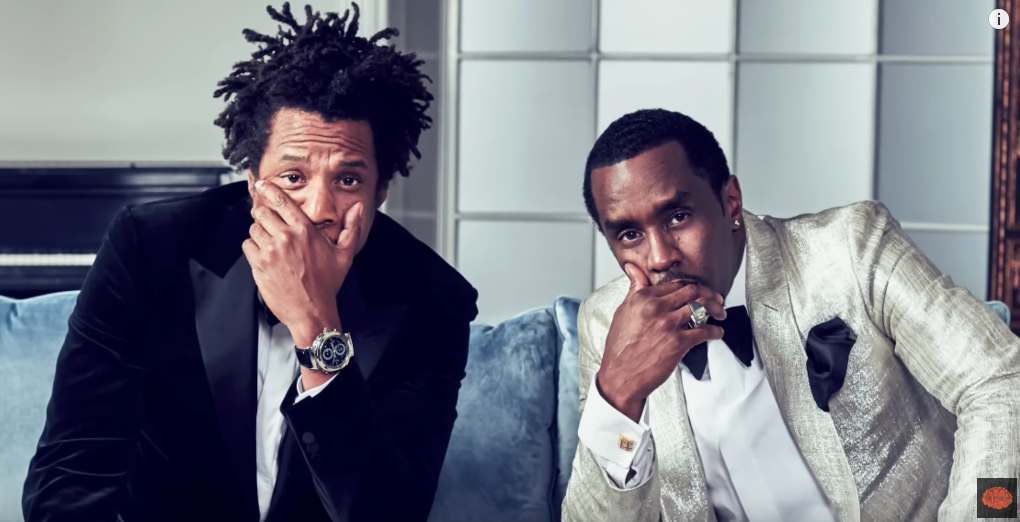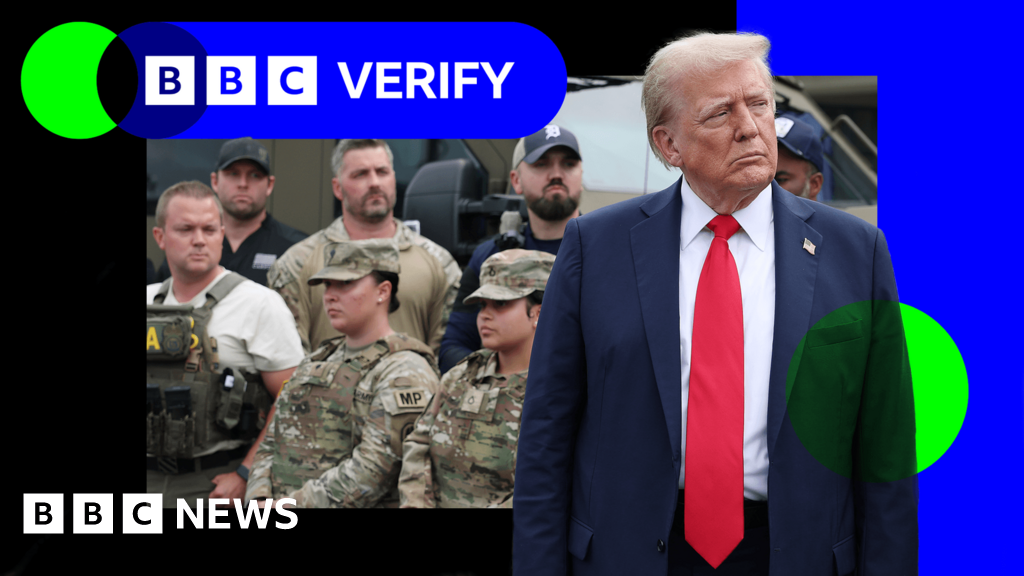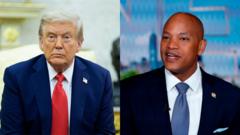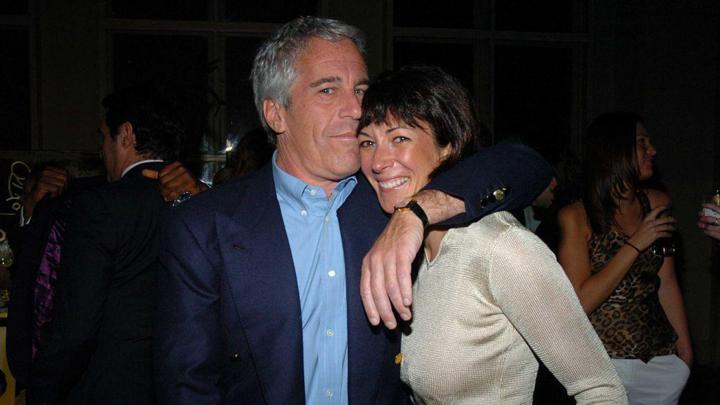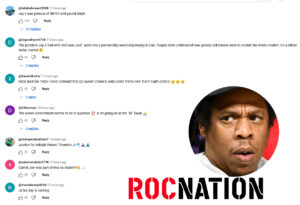After an extended trial, Sean "Diddy" Combs was found guilty of certain charges related to sexual misconduct, reigniting conversations surrounding accountability in the hip-hop industry. Evidence presented during the trial depicted a deeply troubling dynamic between Combs and former partner Casandra Ventura, revealing a pattern of control and abuse. This case has sparked questions about why it has taken so long for the hip-hop community to confront the pervasive issues of sexual violence shared by survivors and advocates.
Even as the Hollywood MeToo movement brought down many powerful figures in film, hip-hop appears mired in a culture that both minimizes abuse and valorizes its perpetrators. Cristalle Bowen, a Chicago-based rapper, pointed out a systematic reluctance to hold powerful men accountable due to a toxic blend of misogyny and financial dependency within the industry. This sentiment is echoed by female artists who feel threatened by potential retaliation for going public with allegations.
Organizations like the Sound Off Coalition are advocating for changes that would protect victims and hold abusers accountable, suggesting that the music industry has historically created environments that shield predators. Misuse of non-disclosure agreements (NDAs) is rampant, leaving survivors caught between financial desperation and their pursuit of justice.
Professors and activists state that speaking out can reinforce harmful stereotypes about Black communities, contributing to a culture of silence where victims fear damaging the reputation of an entire genre that serves as a platform for resistance and self-expression. This delicate balance of preserving an artistic legacy while confronting systemic failures further complicates matters.
Notably, Cassie faced backlash when she filed her lawsuit, often ridiculed on social media before visual evidence shifted public perception. Combs’ legal troubles are symptomatic of broader issues within hip-hop, exemplified by the experiences of other artists like Russell Simmons and Antonio "LA" Reid, who face separate allegations of sexual misconduct.
As momentum builds toward a reckoning, many advocates believe that true change lies not just in high-profile cases but in the industry’s willingness to reassess its practices, implement policies that safeguard against harassment, and foster an environment that empowers survivors to speak out without fear of repercussion.
The path forward requires a cultural shift where the hip-hop industry must not only address the specific case of Combs but also engage in a broader dialogue about sexual abuse. Stakeholders hope that meaningful policies will follow, encouraging real accountability in the face of deeply rooted norms that have long protected the powerful at the expense of the vulnerable.


